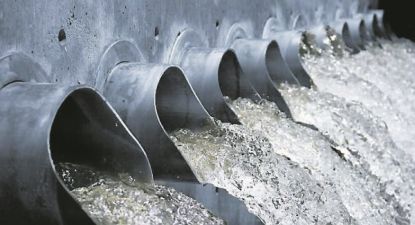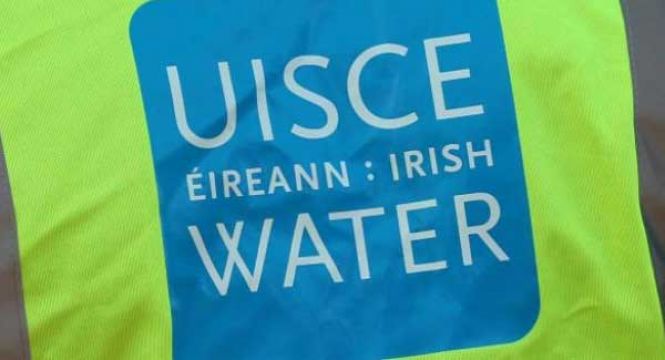A High Court judge has ruled planning permission must be quashed for a proposed €500 million wastewater treatment plant at Clonshaugh, Dublin intended by Irish Water to supplement the Ringsend waste water treatment plant.
Mr Justice Senan Allen will decide later whether the matter should be returned to An Bord Pleanála for reconsideration in line with his findings in a 150-page judgment delivered today.
The judge found Sabrina Joyce Kemper had established the board failed to correctly identify and comply with its obligations under Waste Water Discharge Regulations to seek observations of the Environmental Protection Agency (EPA) on the likely impact of the proposed development on waste water discharges.
On that ground only, the planning approval was legally flawed and must be quashed, he ruled.
He listed the matter for mention in early December to hear submissions from the parties concerning the precise form of final orders to be made arising from the judgment.
Future population growth
The case by Ms Joyce-Kemper, a customs and taxation consultant of Portmarnock Crescent, Portmarnock, concerned the board’s November 2019 permission for the Greater Dublin Drainage Project comprising a wastewater treatment plant, sludge hub centre, orbital sewer, outfall pipeline and regional biosolids storage facility on a 30-hectare site in the townlands of Clonshaugh, Dubber and Newtown.
Irish Water sought the development to cater for future population growth and because the Ringsend plant is operating at over-capacity. The plan was for 13km of underground orbital sewer from Blanchardstown to the Clonshaugh plant and a 12km outfall pipeline to bring the treated wastewater to Baldoyle and out to sea.
The concerns of Ms Joyce-Kemper and other objectors included that the outfall pipeline discharges into the Rockabill to Dalkey Island Special Area of Conservation, within a kilometre from the Ireland's Eye Special Area of Conservation.
A daily sea swimmer, her particular concern was about the impact on water quality in Portmarnock, adjacent to the location of the outfall pipe, and she is generally concerned about the environmental impact, her counsel Oisin Collins said.
The case was against the Board and the State with Irish Water as a notice party.
The judge had refused an application by Ms Joyce-Kemper, made on the third day of the hearing, to recuse himself from further hearing it on the basis that, when he was a senior counsel, he had represented Irish Water in another case.
EPA consultations
In his judgment on Tuesday, Mr Justice Allen said a “headline grabbing opening” of the case which stated the permission was granted without any consideration of what “would come out of the end of the pipe” was “simply and obviously incorrect”.
The Environmental Impact Assessment Report and the board’s inspector dealt with that matter in great detail and the board’s decision “expressly spelled out” the conclusion the development would not result in a deterioration of the quality of bathing water or shellfish waters.

On the argument the board failed to consult with the EPA as required under the Waste Water Discharge Regulations made under the EIA Directive, he found the board’s request to the EPA for the latter’s observations concerning the plant was based on an incorrect premise.
The EPA was asked for its observations on the need for a waste water discharge licence but was not asked, as required by the regulations, for its observations on the likely “impact” of the discharges.
The board’s assessment of that impact must be influenced by the views of the Agency and the board erred in not asking the EPA the correct question and, as a result, not making the assessment of the proposed development it was required to make, the judge said.
The failure to understand and implement the mandatory consultation with the EPA meant the board’s assessment was not informed by the views of the EPA and thus was “legally flawed”.







